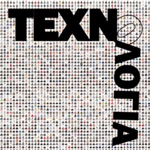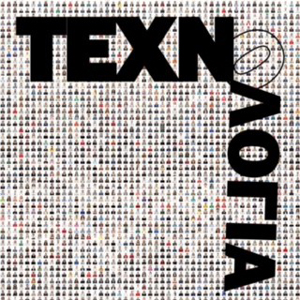Insight: designing new ways for humans to interact with computers in creative practice with Dr Rebecca Fiebrink, δημοσίευση CLOT Magazine [29/11/2022]

Dr Rebecca Fiebrink is a Professor of Creative Computing at the UAL Creative Computing Institute in London. Inventor of the Wekinator, a tool that has contributed significantly to the proliferation and democratisation of AI in the creative space, her research focuses on designing new ways for humans to interact with computers in creative practice, including using machine learning as a creative tool: My own software enables people to build completely new digital musical instruments by demonstrating the ways they want to move when they play alongside the sounds they want to result from those movements: the machine learning here infers the creator’s desired relationships between movement and sound, and reproduces them in the new instrument.
Machine learning models can be used to uncover the patterns that underlie music of beloved artists or genres, opening up new opportunities to build new immersive experiences, learn from the patterns that exist in musical and non-musical real-world sounds, and produce variations on these in order to synthesise totally new sounds nobody has heard before. The opportunities for supporting human creation and engagement are likely the areas for an impact that really make a difference to most people.
The Wekinator attempts to encourage creativity by making it possible for anyone with a computer to create new real-time interactions with digital processes. Originally, this meant enabling anyone to create new digital musical instruments by creating new linkages from a performer’s movement to computer-synthesised sounds. Dr Fiebrink explains over Email.
Η συνέχεια εδώ.





